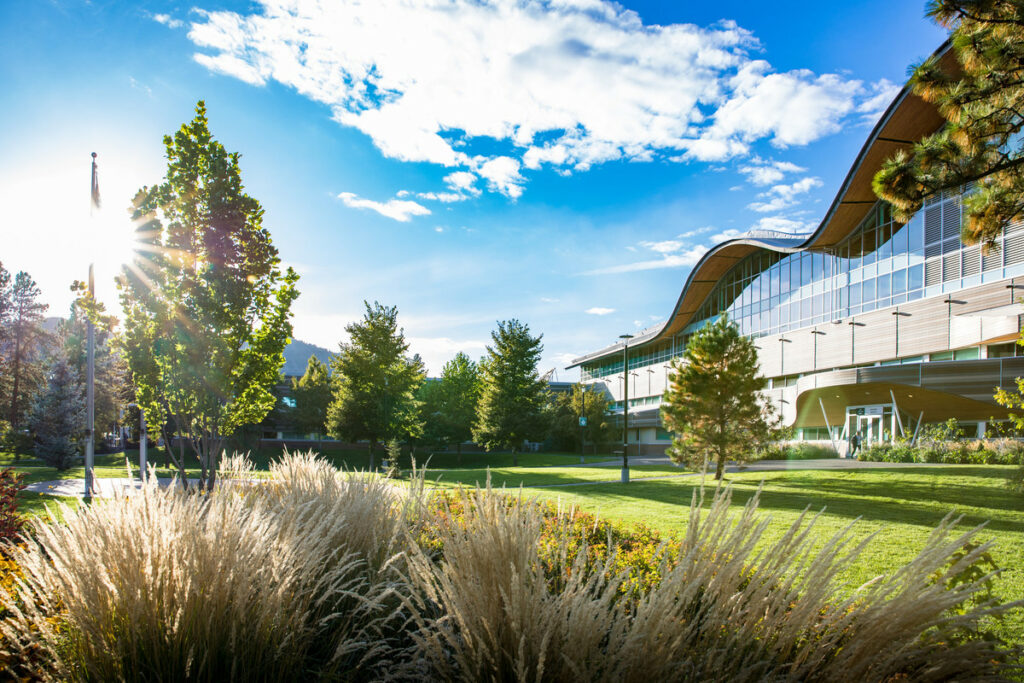Thinking of coming to TRU but don’t know where to start? It’s okay, I didn’t either. With so many choices of programs, certificates, diplomas, and degrees, it’s sometimes hard to start finding your path. Luckily, the problem of too many choices is a good thing and can be used to your advantage. Here I’ll share with you how I found my TRU and how you can find yours, too!

How I found my TRU
Finding my TRU started at a Spring Open House. At this time, I was already accepted into TRU and was figuring out what I wanted to study for the next four years. Open House was really helpful because I was able to sit in on different classes, talk to advisors about specialty programs, and explore campus on my own. I’m not going to lie, Open House was overwhelming, and I switched my degree plan four times within three hours. It was a lot to take in, but it gave me plenty of information and things to think about before I started in the fall.
The biggest piece of advice I can give you when finding your TRU is to keep an open mind and to try things that sound interesting to you. My parents advised me to look up courses on TRU’s webpage, read the description, and, if it sounded like something I wanted to try or explore, then to register. To be honest, this was the best thing I did, and it led me to my major almost instantly. I know that reading a bunch of course descriptions sounds boring and tedious but in the long run it could save you from switching majors and setting yourself back.
You might be thinking, if I pick courses that are all over the place, aren’t I wasting time and money? No. I thought the same thing too, but that is not the case at all. Trying different things within your first and even second year is a good thing! Although they may not be courses directly related to your major, they do count as electives. Within my first two years at TRU, I took sociology, anthropology, philosophy, English, and, of course, communications. These sound all over the place, and they are, but taking all of these courses allowed me to find what I like and what I don’t. Now finishing my third year, I am happy I took such a variety of courses. It did not set me back, and instead helped me find the major that was meant for me: communications. Overall, take courses you want, not what you’re ‘supposed’ to take. They will count as electives and/or requirements for your major*.
*Some programs and/or majors offer less flexibility. When in doubt, check out the program planning form or meet with an Academic Advisor (if already accepted to TRU) or a Future Student Advisor.
Tips and Tricks
Here are my tips and tricks for finding your TRU and making the most out of your time here!
- Do your research, read about different fields of study.
- Don’t declare your major in your first year (unless you are in a specific field of study like nursing).
- Try new classes and use those credits for your electives. This is a great way to explore your options.
- Attend at least one Open House before coming to study in the fall. This will help you grasp what you want to do here.
- Think about a minor, if appropriate to your studies, in second and/or third year. Don’t rush into it, you have time.
I hope my tips and tricks help you find your TRU! Starting your post-secondary studies can be a lot to think about and overwhelming at times. I hope my story of finding my TRU helps you consider other ways of starting school here and how to make the most out of your money and time!
TRU Future Student Ambassador, Arnica – Bachelor of Arts, “Finding Your TRU“

